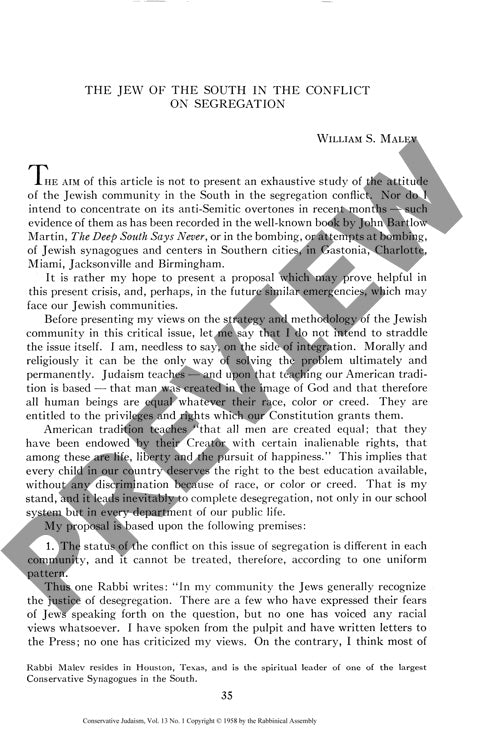The Jew of the South in the Conflict On
Couldn't load pickup availability
Southern Jewish communities navigated treacherous waters during the 1950s desegregation crisis, caught between their commitment to social justice and the threat of antisemitic retaliation. Through analysis of correspondence from Southern rabbis and community leaders, stark differences emerge in Jewish responses across the South - from communities where rabbis freely championed integration to areas where civil rights advocacy triggered violence and economic boycotts against Jewish businesses and institutions. Qualitative analysis of bombing incidents and organizational tensions reveals that national Jewish defense organizations, particularly the Anti-Defamation League, often undermined local Jewish security through aggressive advocacy that marked them as Northern interlopers. Case studies demonstrate that local rabbis, operating as representatives of a major American faith tradition, proved more effective advocates for civil rights than secular organizations. The evidence supports a revised approach: national Jewish organizations should minimize public pronouncements, empower local religious leaders as primary spokesmen, and allow individual communities to craft integration strategies suited to their specific circumstances. This localized, interfaith-based approach would better protect vulnerable Southern Jewish populations while preserving their historic commitment to social justice through strategic coalition-building rather than isolated ethnic advocacy.

More Information
-
Physical Description
-
Publication Information
Published
ISBN
-
Publication Credits
William Malev

